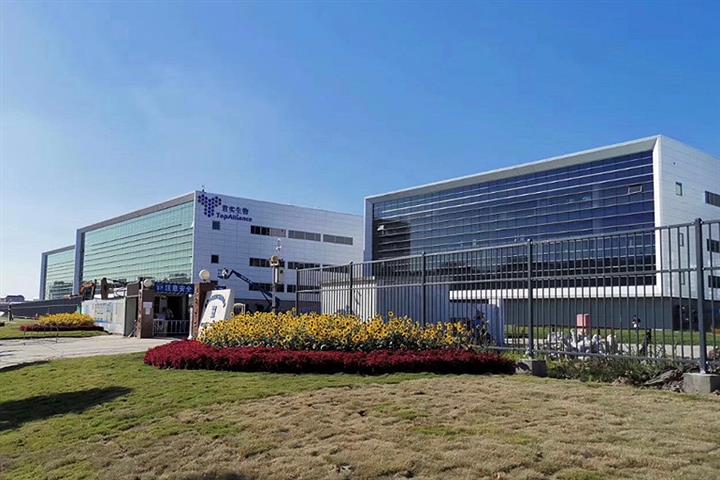 China's Junshi Denies Flouting Rules to Market Melanoma Treatment
China's Junshi Denies Flouting Rules to Market Melanoma Treatment(Yicai Global) Nov. 13 -- Shares of Shanghai-based drug maker Junshi Biosciences slumped after we media claimed Toripalimab, the anti-PD-1 monoclonal antibody it developed to treat melanoma, secured conditional approval for market entry with an up to 97.7 percent adverse reaction rate. Junshi riposted, insisting in a statement today its drug meets relevant standards.
Junshi [SHA:688180] had fallen 6.22 percent in Shanghai at CNY71.27 (USD10.78) in midafternoon following the media reports, after it issued its rebuttal, while it was down 2.13 percent in Hong Kong [HKG:01877] at HKD41.30 (USD5.33), after earlier declining by 10 percent in Shanghai and 15 percent in Hong Kong.
The conditional market approval came notwithstanding the drug’s huge rate of adverse reactions, according to an article that appeared yesterday on popular WeChat we media ishoulc, that also claimed the drug maker’s actual controller has no bioscience background.
The Toripalimab injection, which is administered to treat metastasized melanoma after previous standard therapies have failed, obtained the conditional approval from China’s National Medical Products Administration on Dec. 17, 2018, Junshi said today, adding the drug officially hit the market at February’s end. It targets serious diseases or slows their progress to forestall more severe conditions and meets all applicable standards for this provisional greenlight, the firm added.
Junshi, however, did not respond to the alleged charge of “over half of the members in its research team are merely graduates with bachelor’s degrees, and it has more junior college students than doctors, and its actual controller has no bioscience background.”
Formed in December 2012, Junshi’ business scope includes research and development of biopharmaceuticals, transfer of technologies, consulting and commissioned drug production. The company booked an about CNY1.1 billion net loss in the first three quarters.
Editor: Ben Armour, Xiao Yi